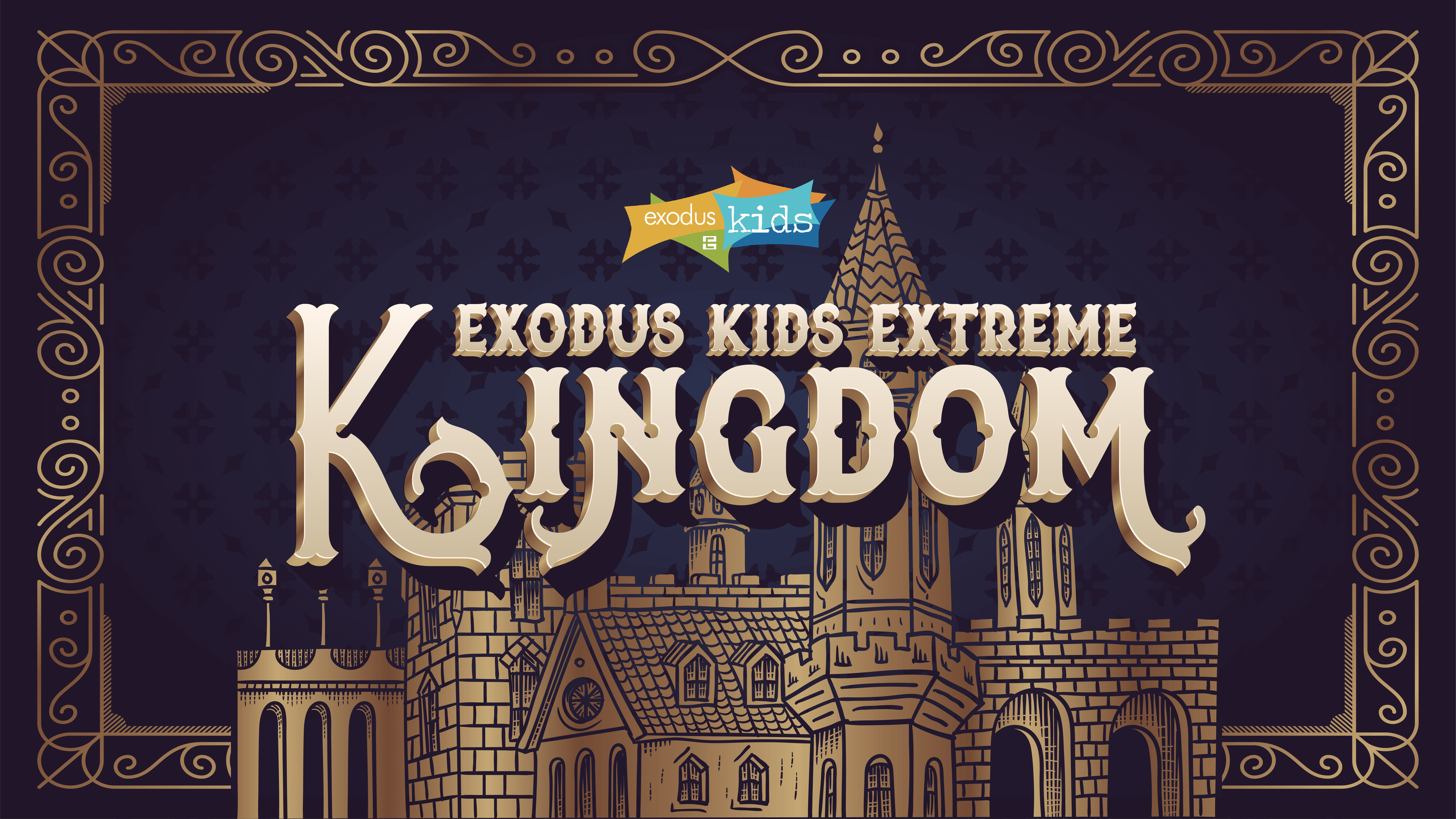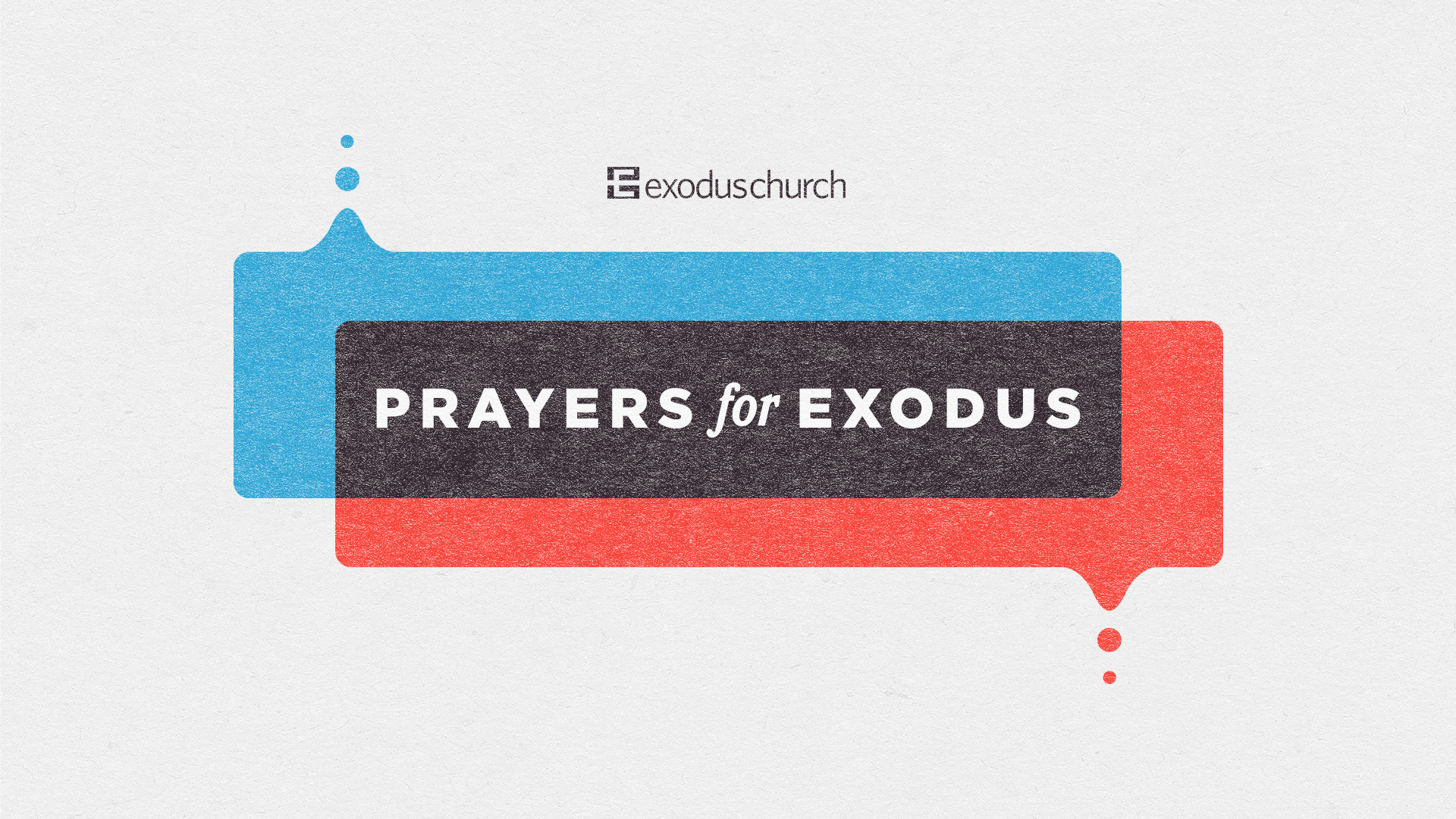If I were to ask you to recite the alphabet, while you may not sing the alphabet song (or Twinkle Twinkle Little Star), the tune very likely at least enters your head. It becomes nearly impossible to forget the alphabet once you’ve learned the tune. I’ve had discussions with others who think the idea of a clerk singing the alphabet song to themselves so they can find the “P” folder is silly. I can’t think of a better way to remember that P comes after O, and before Q. Music is a valuable tool to help us to remember important information.
Martin Luther (1483-1546) is generally more well-known as one of the leaders of the Protestant Reformation or as the author of his 95 Theses. However, he also translated the New Testament into German so that common people could read and learn from God’s word. He translated psalms into hymns in German and composed many new hymns with tunes and forms that everybody could remember.
“I must hearken to the gospel, which teaches me, not what I ought to do, but what Jesus Christ the son of God has done for me…we should know this article well, teach it to others, and beat it into their heads continually.”
Luther’s is credited with authoring at least 36 hymns, the most famous of which is A Mighty Fortress is Our God, as well as chorales and translating psalms and putting them to tune. He and other leaders released entire hymnbooks in German in the early 16th century, not so that the songs would only be sung by choirs in church services, but so that all people could have worship songs to sing in their homes, to their children, in their schools, and at all times.
“Next to the Word of God, the noble art of music is the greatest treasure in the world.”
Luther had two large motivations in writing hymns that everybody could sing. First, the gospel is such good news to those who believe it that they can’t help but celebrate. Because of the happiness that the gospel ignites in the heart of the believer, he’s compelled to sing and to share that joy with others. Second, music is a means to remind ourselves of the goodness of the gospel. By singing, we rehearse the gospel in our minds and massage it into our hearts. It’s often difficult to memorize prose, but poetry set to music has a knack for getting lodged in our consciousness.
Not only did Luther compose hymns, but he was a skilled musician. He played the lute (guitar) and flute, and was known to have a strong tenor voice. He also worked to introduce instruments into the worship service as aids to help the music take hold in the hearts of the congregation. Songs at the time were primarily either Gregorian chants in Latin, or played or accompanied by pipe organs. Luther introduced instruments into the service that were available to many people. The language and the tunes were both accessible to everybody who heard the music. Sacred songs weren’t for a performance by few, but for participation by many.
At Exodus, music is a very important part of our worship service. We sing songs that preach the gospel to our hearts, that remind of us of and celebrate what Jesus did for us. We want for people to sing and to sing loudly for joy of what he’s done. Or sometimes, it’s okay to let the congregation sing songs over you to remind you of the gospel, and to let yourself steep in it. We want for the songs to be stuck in your head as armor and ammunition as you go through the week. The Bible is the primary means by which God communicates with us today, but he certainly uses songs that are true to remind of us his message. What an amazing gift that God would use not only true words, but rhythm, meter, melody, harmony, and timbre of various instruments and voices as a means to remind us of the beauty of the gospel!
Martin Luther was not a perfect man. There was only one perfect man, but we can certainly give thanks to Jesus for the gift of music, and the gift of men and women who’ve composed countless songs that we can enjoy, that help us to remember God’s goodness, the grace he lavishes on us in his son, and to celebrate and communicate the gospel to ourselves, to our children, and to our communities.
You can see a list of Luther’s hymns at http://nethymnal.org/bio/l/u/t/luther_m.htm. And if you’d like to hear Albert Mohler of the Southern Baptist Theological Seminary and his thoughts on what Luther valued in his hymns, see the video at http://youtu.be/rGg7B96jOAw. The full sermon from which the clip is taken is available at http://youtu.be/KhpaBNK0a7A.



